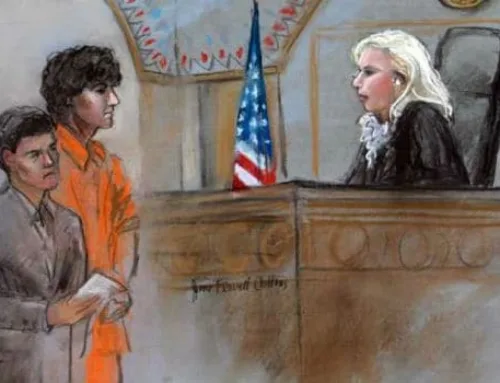Voyeurism is the crime where you essentially spy on another person for sexual purposes and do so when the other person believes he or she has a right to privacy. A prosecutor can charge voyeurism as either a felony or misdemeanor depending on the facts of your case. If you or a loved one is facing a charge of this crime, please contact an experienced criminal defense attorney now for help.
How Does Washington Law Define Voyeurism?
RCW 9A.44.115 is the Washington statute that sets forth the laws on voyeurism. Per this statute, there are two degrees of voyeurism. These are:
- Voyeurism in the first degree, and
- Voyeurism in the second degree.
You commit the crime of voyeurism in the first degree if:
- You knowingly view, photograph, or film another person, or the intimate areas of another person, for the purpose of arousing or gratifying your sexual desire,
- You do so without that other person’s knowledge and consent, and
- The other person is in a place where he or she has a reasonable expectation of privacy.
You commit the crime of voyeurism in the second degree if:
- You intentionally photograph or film the intimate parts of another purpose,
- You do so with the intent to distribute or disseminate the photograph or film,
- You do so without that other person’s knowledge and consent, and
- The other person is in a place where he or she has a reasonable expectation of privacy.
What are the penalties?
Voyeurism in the first degree is charged as a Class C felony. The crime is punishable by:
- Custody in state prison for up to five years, and/or
- A maximum fine of $10,000.
Voyeurism in the second degree is charged as a gross misdemeanor. The crime is punishable by:
- Custody in jail for up to one year, and/or
- A maximum fine of $5,000.
Can a Defendant Raise a Legal Defense?
Yes. People charged with voyeurism can contest the charge with a legal defense. A common defense is for a defendant to show that the “victim” knew about the viewing or filming and consented to it.
Another common defense is to show that the “victim” was in a place where he or she did not have a reasonable expectation of privacy. For example, it might be the case that you viewed or photographed a “victim” while that person was on a crowded train. But it is rather unreasonable in this case for the “victim” to believe that he or she was in private. A result is that a judge would likely drop any charge filed.
Contact Black & Askerov for Help
While a defendant can raise a legal defense to challenge a voyeurism charge, it will take a skilled criminal defense attorney to raise the best defense. The experienced criminal defense attorneys at Black & Askerov have over 30 years of combined experience defending clients on criminal charges. Our attorneys will fight tooth and nail for you at every step of your case. Contact us now to get the legal help you deserve!






